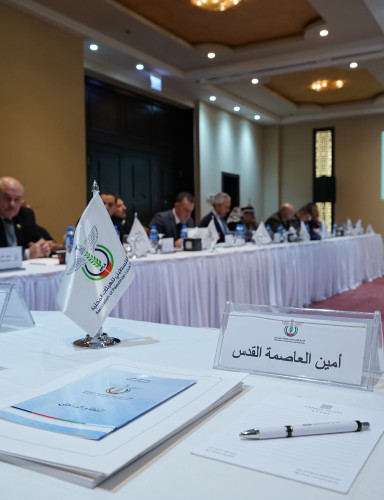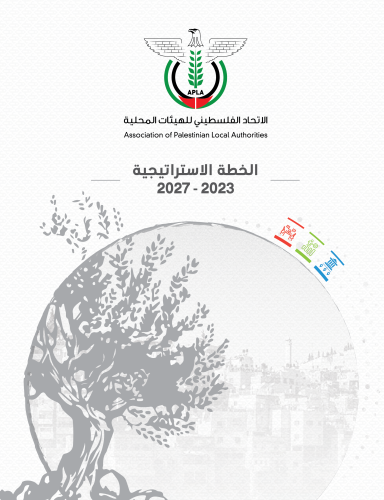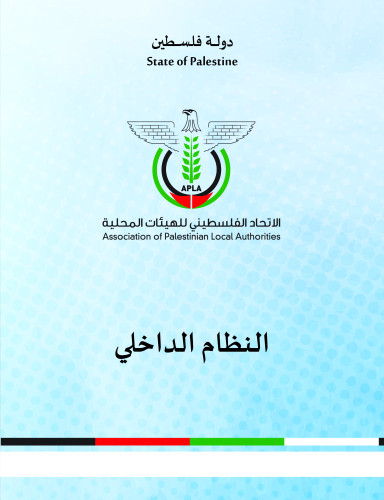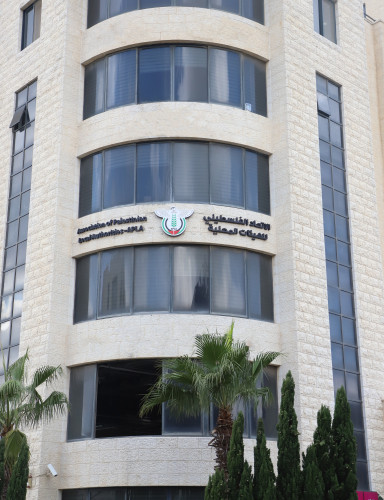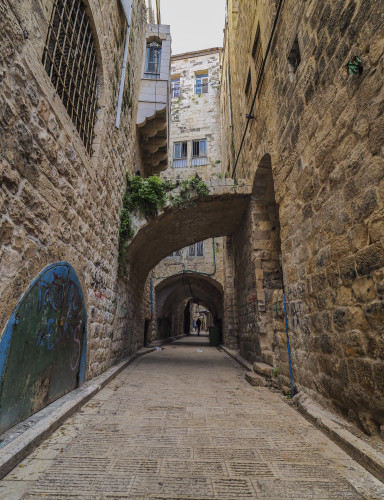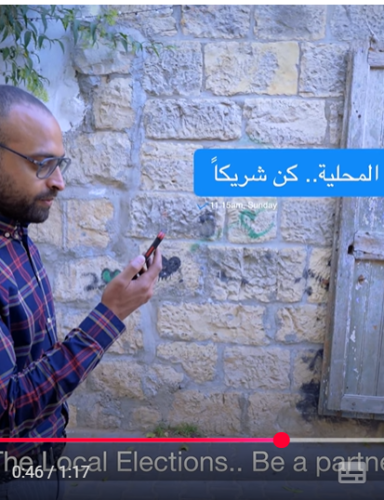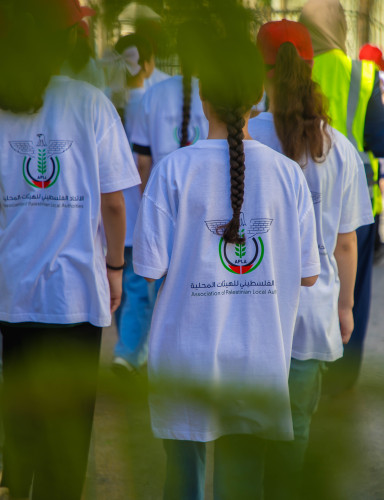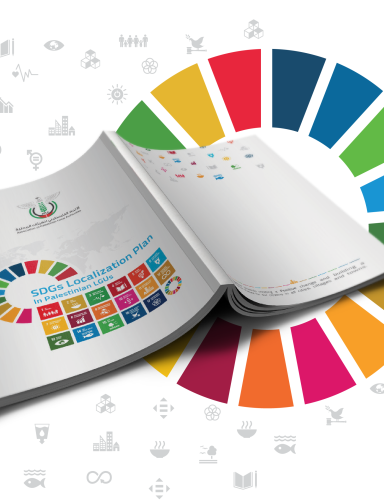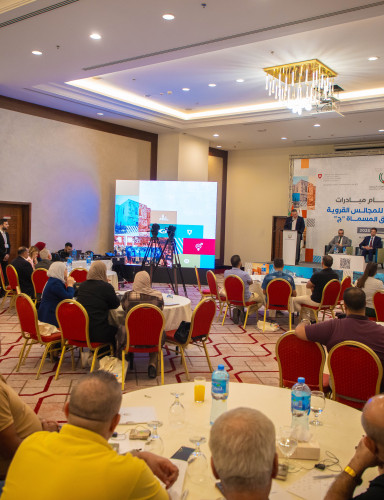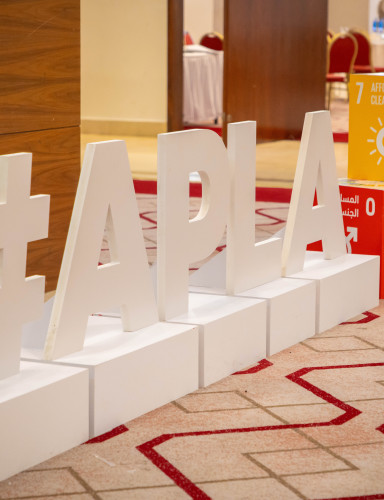Local Governance in Palestine: Key Milestones and Historical Context
This report highlights the historical resilience and significant contributions of Palestinian Local Government Units (LGUs). In the face of enduring occupation, systemic constraints, and complex sociopolitical landscapes, Palestinian LGUs continue to uphold their commitment to sustainable development and community service.
The roots of Palestinian local governance extend back over a century, beginning with the establishment of early municipalities under the Ottoman Empire. Foundational cities like Jerusalem (1863), Nablus (1868), and Gaza (1893) laid the groundwork for municipal governance, evolving across Ottoman, British Mandate, and Jordanian/Egyptian rule. Each period introduced shifts in governance structure, population dynamics, and regulatory landscapes, to which LGUs adapted and expanded their scope and functions.
Following the Nakba in 1948 and the occupation that began in 1967, Palestinian LGUs faced intensified forms of external control. Land confiscations, population displacements, and severe restrictions on natural resources and urban planning imposed unprecedented obstacles. Despite these pressures, LGUs have consistently defended community interests, resisting efforts to replace local governance structures with externally imposed models and protecting essential local resources.
Today, Palestinian LGUs operate within a complex environment shaped by ongoing occupation. Extensive settlement expansion, land confiscations, and military oversight in Area C severely hinder development initiatives. Administrative and regulatory restrictions further complicate governance efforts. Nonetheless, Palestinian LGUs remain dedicated to serving all communities across Areas A, B, and C. In Gaza, local governance is a critical mechanism for maintaining essential services amid the near-total destruction of infrastructure, reinforcing community resilience under extraordinary adversity.
This report underscores the enduring role of Palestinian LGUs in advancing sustainable local governance, despite systemic constraints. Through strategic partnerships and collaborative efforts, LGUs aim to safeguard vital resources, preserve cultural heritage, and promote resilience across Palestinian communities. This resilient trajectory of Palestinian local governance reflects a sustained commitment to building a future founded on stability, inclusion, and sustainable growth.

